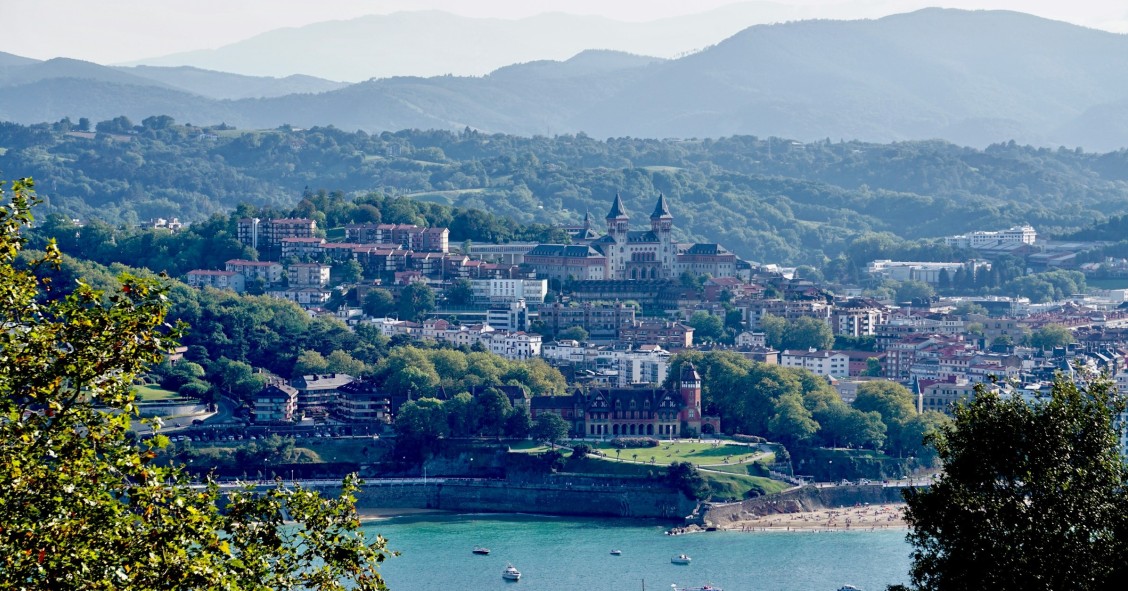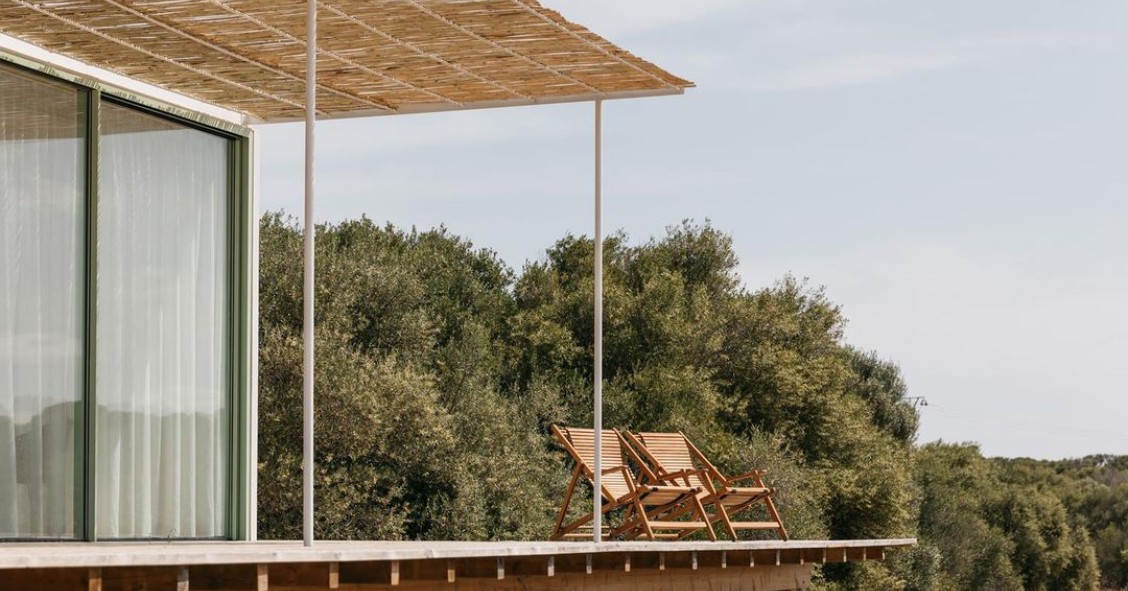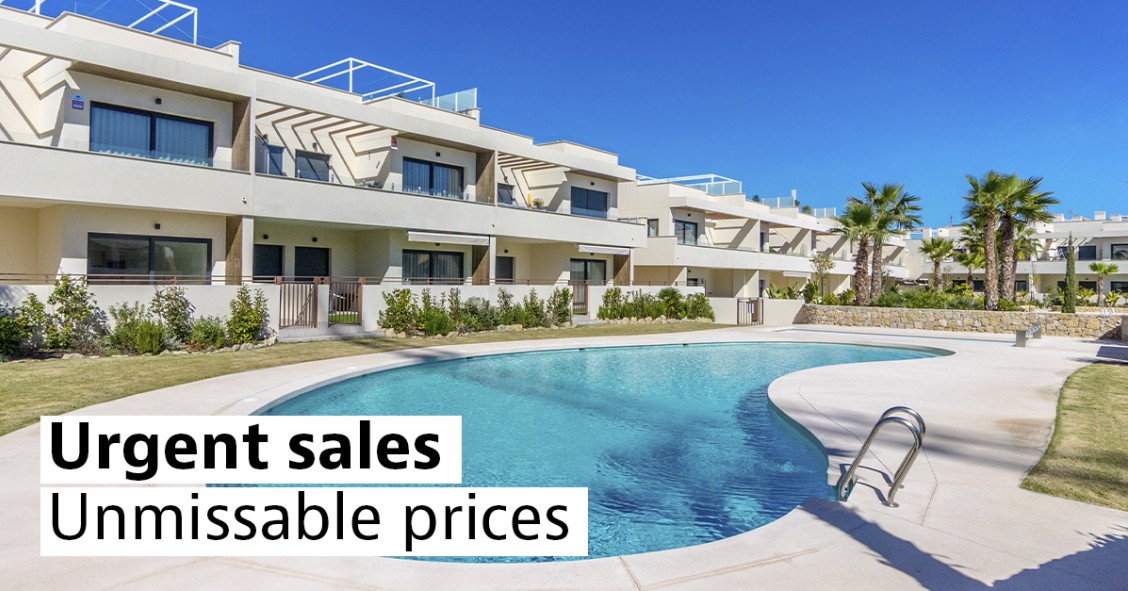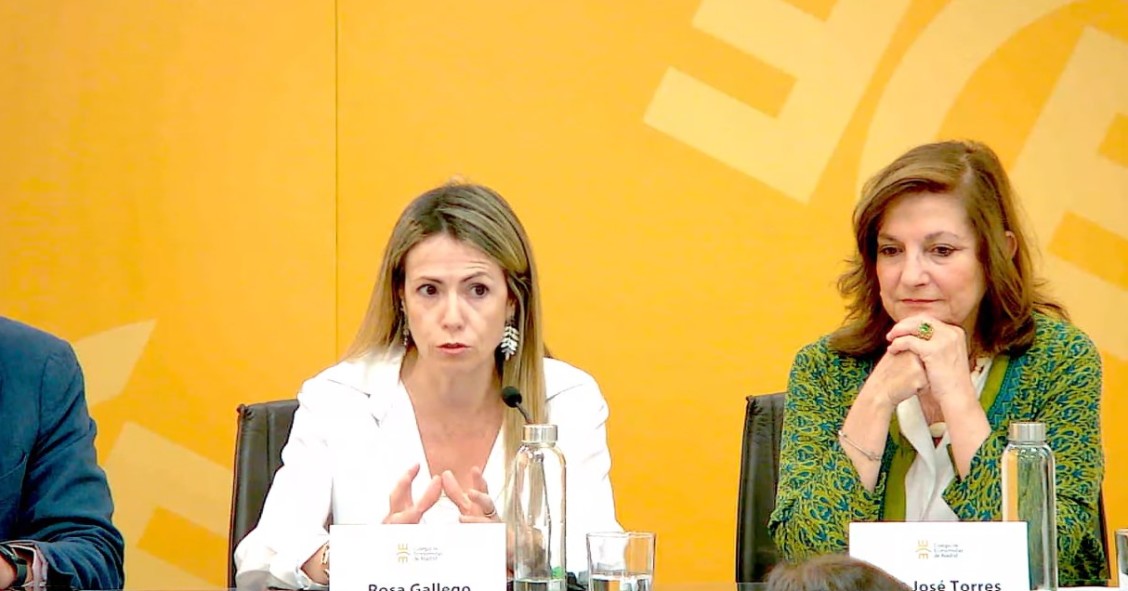
On 3 April, the amendment to Law 14/2013 of 27 September on support for entrepreneurs and their internationalisation came into force, officially ending investment visas, commonly known as ‘golden visas’. This change followed the publication on 3 January of Organic Law 1/2025 of 2 January, introducing measures to improve the efficiency of the public justice service. The first law passed in 2025 provided a three-month period for repealing Articles 63 to 67 of Law 14/2013, which had until then governed the residency scheme for foreign nationals making significant investments in Spain — including the purchase of property worth at least €500,000.
The ‘golden visa’, or residency-by-investment permit, was initially created to attract foreign capital during the economic crisis of 2013, encouraging the acquisition of real estate and other assets such as government bonds, investment funds, or shares in Spanish companies and projects of general interest.
It was introduced under the government of Mariano Rajoy (PP), following a trend seen in other European countries like Portugal and Greece after the 2008 financial crash. The visa was initially valid for two years and renewable in five-year increments, as long as the investment was maintained. It did not require permanent residence in Spain, and it also granted freedom of movement across the Schengen Area.
During the previous parliamentary term, former minister — and now Governor of the Bank of Spain — José Luis Escrivá stated that the government was reviewing the terms of this visa. In April 2024, Prime Minister Pedro Sánchez officially announced the end of visas linked to property purchases. At the time, the government argued that the scheme should be scrapped due to a sharp increase in home purchases by non-resident foreign buyers since 2022, particularly Britons (post-Brexit), Russians, Chinese, and Latin Americans.
A success or failure for property-based residency?
Between 2013 and 2023, a total of 14,576 visas were granted for the purchase of properties valued over €500,000. While 2,017 such visas were issued in 2022, that figure rose to 3,270 in 2023 — more than double the number issued in 2021 (997).
The most recent figures from 2024 show that the number of 'golden visa' applications is nearing 800. Despite the government’s announcement almost a year ago, investments are still allowed for those who had applied before the new regulation came into effect.
In the case of visa renewals, these will be processed and resolved according to the regulations in force at the time the initial authorisation was granted.
Over the past year, visas have been granted to individuals from the Gulf countries such as Saudi Arabia, Kuwait, and Qatar, as well as from European countries like the United Kingdom, Ukraine, Serbia, and Turkey, and from Ibero-American states like Venezuela, Argentina, Chile, Uruguay, Brazil, Colombia, and Mexico.
The latest Annual Report of the Property Registration Statistics from the Property Registrars for 2023 stated that “the positive trend in property purchases by foreigners in the last two years can be partly attributed to the inclusion of new nationalities in the Spanish property market.”
The share of property purchases by foreigners exceeding €500,000 accounted for 9.71% of the total foreign purchases in 2023 (around 8,500 units).
Of the total foreign buyers of properties valued over €500,000, 49.59% were EU nationals and 50.41% were non-EU nationals (approximately 4,500 homes). The latter group are eligible for residency permits, though the ‘golden visa’ can also be obtained through the purchase of multiple properties adding up to that amount.
The main provinces where these purchases take place are Barcelona, Madrid, Málaga, Alicante, the Balearic Islands, and Valencia. In cities like Marbella and Barcelona, purchases linked to this type of investment make up 7.1% of total transactions in Marbella, 5.3% in Barcelona, and 10% in certain municipalities in the Balearic Islands, according to the Ministry of Housing and Urban Agenda (MIVAU).
Within the European Union, Malta, Greece, and Italy continue to offer residency-by-investment visas, while Portugal has reformed its policy significantly to make it more demanding.
Countries like the United Kingdom, Ireland, the Netherlands, and Austria have either abolished or announced the elimination of their golden visas due to security and transparency concerns, while countries such as Australia, Singapore, the United States, and Thailand continue to offer them.
Canada has also introduced stricter requirements for non-resident foreign investors, while New Zealand has relaxed some requirements for the golden visa, such as removing the need for English proficiency and reducing residency time, although the required investment amount has been increased.
Back in Spain, aside from the end of the ‘golden visa’, Prime Minister Pedro Sánchez announced earlier this year a housing measures package that includes a significant increase in taxes for non-resident foreign buyers. It was announced that the fiscal burden on these buyers will rise “up to 100% of the property’s value,” although no further details have been confirmed yet.
Recently, ERC (Esquerra Republicana de Catalunya) introduced a non-legislative proposal in Congress, calling for restrictions on property purchases by non-resident foreign nationals in Spain, unless they can prove five years of continuous residence in the country.







